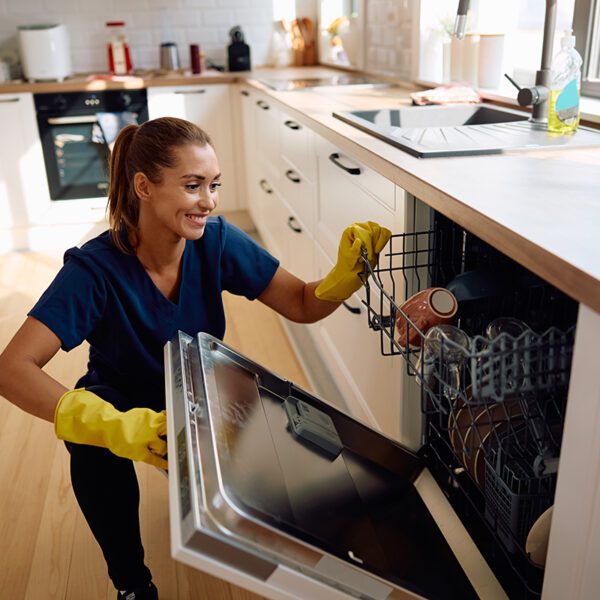How to Properly Take Care of Your Washing Machine
So It Lasts Long and Doesn’t Break Down
On average, modern automatic washing machines last at least 10 years.
With proper care, they can last 15–20 years. However, the brand and build quality play a significant role, as does how the machine is used.
Our own washing machine has lasted more than 15 years. Since July 2009, we’ve had a 13,2 lb Samsung washing machine at home. We use it about 4–5 times a week across different modes. In six years, we haven’t had to call a repair technician even once.
To find out how to ensure your washing machine lasts as long as ours, we consulted an expert. Here’s what we learned about preventing breakdowns and saving money in the process.
How Improper Care Can Damage a Washing Machine
First and foremost, the washing machine must be installed at the correct drain hose level; otherwise, the valve may get damaged. However, the most common cause of breakdowns is the drain pump failure, door latch failure, gasket issues, failure of the heating element, which can occur for two main reasons.
The first reason is water hardness—either too hard or too soft. If you don’t know the type of water in your home, attempting to maintain your machine may inadvertently cause harm.
For example, using Calgon is only effective if the water is hard. If you use it with soft water, the machine will eventually fail, and clothes will wear out more quickly. Sometimes, it’s claimed that Calgon can clean your washing machine, but this is just a marketing ploy. Calgon is essentially calcined soda, which is used to soften water—it doesn’t clean heating elements.
There are more affordable alternatives available; just look for products that contain calcined soda. Descaling washing machines requires products containing sulfamic acid. Some people use vinegar or citric acid instead, pouring it into the detergent compartment. However, these substances are too aggressive for rubber components, causing them to deteriorate. Over time, water seeps into the bearings, leading to machine failure. Sulfamic acid, on the other hand, is gentler.
The second reason for heating element failure is improper use of laundry detergent. Frequently washing with baby detergent can cause the heating element to burn out over time. Such detergents don’t dissolve well in water and are difficult to rinse out, causing the heating element to accumulate residue and eventually fail.
For similar reasons, you should avoid using household soap or hand-washing powder, as they create excessive foam, which also deposits on the machine’s walls. Only automatic machine detergents are suitable. They should be used in the proportion of one tablespoon per kilogram of dirty laundry. Excess detergent doesn’t rinse out completely and also causes the heating element to burn out.
Many users only wash at low temperatures, but once a month, the machine should be run at 194 °F.
Failing to do this allows mold to develop inside, producing an unpleasant odor and eventually damaging the machine. Additionally, always check pockets before loading laundry into the machine.
Coins, rubber bands, and other small items can clog the drain pump or tear the door seal—a rubber gasket that connects the drum to the front panel of the washing machine.
How Does Water Hardness Affect Washing Machines?
Hard water contains a high concentration of alkaline earth metals, primarily calcium and magnesium. Soft water, on the other hand, has low levels of these metals.
- Very hard water: Over 180 ppm (more than 10.5 gpg).
- This corresponds to a concentration of calcium or magnesium of approximately 0.5 millimoles per liter per 1 gpg.
In the United States, water is classified by hardness as follows:
- Soft water: Up to 60 ppm (0–3.5 gpg).
- Moderately hard water: 61–120 ppm (3.6–7.0 gpg).
- Hard water: Over 120 ppm (7.1+ gpg).
Water hardness can fluctuate throughout the year. Typically, it decreases in spring due to increased rainfall and snowmelt, while in summer, it tends to rise because of low rainfall and high evaporation rates.
Generally, water from municipal supplies and natural springs is moderately hard, while water from wells is often classified as hard.
Fabric softeners can also be skipped, as clothes naturally become softer when washed in soft water.








